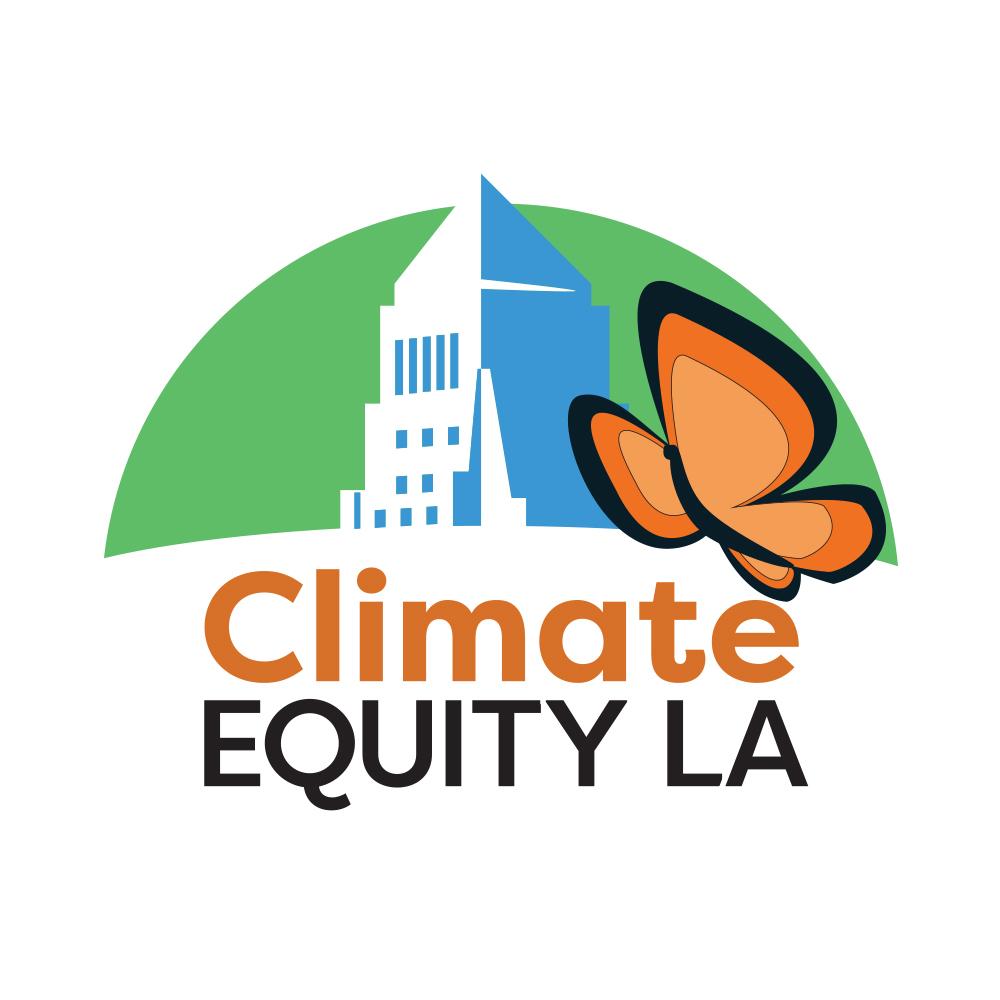Latinos are known for being culturally and spiritually connected to climate, nature, and the environment. This shouldn’t be surprising, since many of us have Indigenous ancestry, and our ancestors have taught us that Nature is the great spirit, wild animals are our relatives, and the Creator made us all so that we could share this Earth equally and in balance to preserve it for future generations. Thus, we have many brave and inspiring examples of climate heroes in the U.S. and the Americas. We also vote overwhelmingly in favor of climate solutions, and play a significant role in policy development and environmental justice advocacy.
California is incredibly fortunate to have many Latino climate and environmental justice (EJ) leaders. Their work inspires me. I wouldn’t be who I am today without leaders like Cesar Chavez, Juana Gutierrez, and even more recent leaders like Cecilia Martinez, or the teachings of my parents to have a spiritual connection to Nature. The list of our leaders is very long, trust me. And it’s no coincidence that our civil rights leaders also protected our health and environment; these elements are interconnected, and like I said before, that’s how our ancestors taught us to see the world.
Tragically, though, according to the Environmental Protection Agency (EPA), Latinos in the U.S. are more likely to experience death and harm from heat waves, powerful hurricanes, sea level rise, floods, and air pollution burden. That risk will only grow as the Earth heats up. For example, the EPA estimates that Latinos are more than 40% likely to live in places where it is frequently too hot to work a full day outside. If you consider that Latinos are overrepresented in outdoor work, this makes this data even more alarming.
More severe heat waves are a significant challenge because millions of Latinos disproportionately have jobs that require them to be outside. For example, agricultural workers, street vendors, first responders, construction workers, and landscaping workers, or hot indoor jobs at warehouses, assembly lines, canneries, and meat packing. Longer, hotter heat waves, and homes without thermal comfort, make it more difficult for them to recover; this leads to more hospitalizations, and preventable deaths. Smoke from wildfires, such as those recently experienced in the Inland Empire, impacts Latinos disproportionately, too, as they lack access to air purifiers and air conditioning.
What are some possible solutions to save lives? Perhaps we should create legislation that uses our health codes to mandate that all homes have both air purifiers and heat pumps to maintain equitable resilience against these climate hazards. Also, since asthma is a disability, our health insurance should cover the cost of air purifiers and heat pumps, since these are critical for recovery and refuge from the heat. We also need to consider that investment in equitable tree canopy, and their placement in these Latino and low-income communities, help us breathe cleaner air, and trees reduce extreme heat. We know this from our studies of Blue Zones, where wealthier communities live.
Furthermore, Latinos are also impacted by hurricanes, from Texas, to the East Coast and Puerto Rico. After the hurricane is over, electrical outages, extreme heat, and flooding damage their homes permanently, and this creates chaos, instability, and overwhelming anxiety, not to mention homelessness and displacement, and loss of generational wealth. Hurricanes are also more frequent and stronger due to the rising temperature of our oceans and air temperatures. It is a vicious circle.
We expect Latinos to vote in record numbers in the upcoming presidential election. I sincerely hope that their votes reflect these values, and serve their communities towards better health, homes, and economic prosperity for all. Latinos have a long history of climate and environmental activism to fight pollution and climate change, and we could use more heroes in this world to make changes for the betterment of all of us. ¡Sí se puede! Yes, we can!

